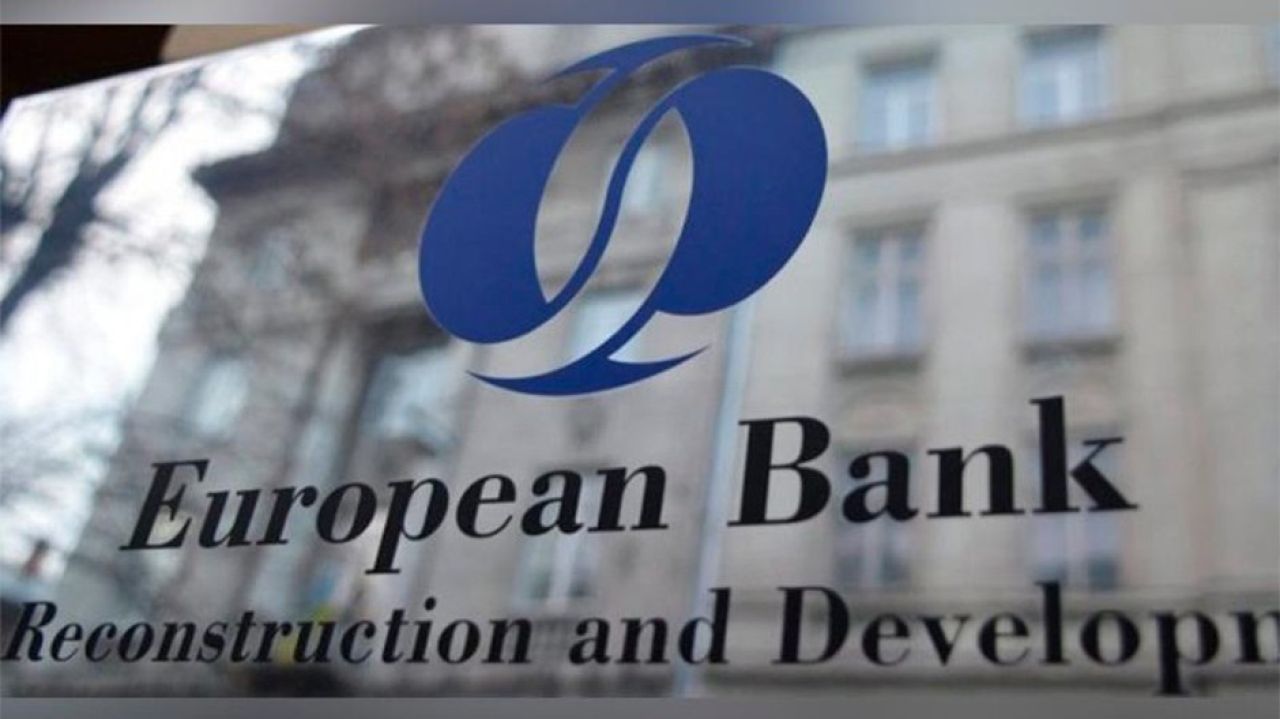EBRD delivers €396 million investment in Armenia in 2024

EBRD invested in the largest road project ever signed in ArmeniaFirst project signed under refugee response programme
The European Bank for Reconstruction and Development (EBRD) invested €396 million in Armenia’s economy across 19 projects in 2024, highest level of investments historically.
George Akhalkatsi, EBRD Head of Armenia, said: “It was a significant year for EBRD in Armenia. The success of our Annual Meeting and Business Forum was reflected in the volume of our operations, while helping to boost Armenia’s potential as an investment destination. The year was also marked by several landmark projects. Such as the largest-ever for EBRD in Armenia road project Sisian-Kajaran to enhance country’s connectivity; investment in the first sustainability-linked bond enhanced the telecoms infrastructure, as well as the first project signed under Refugee response package focused on integrating refugees into the country’s labour market while helping to strengthening Armenia’s social and economic infrastructure. These initiatives have all been instrumental in bolstering Armenia’s economy, supporting its financial system, advancing green initiatives, improving infrastructure, integrating refugees, and enhancing the overall quality of life for its citizens.”
The EBRD maintained its support for SMEs, providing up to €125 million in credit lines to six partner banks and one leasing company for on-lending to businesses, including women entrepreneurs, to improve competitiveness, energy efficiency, economic resilience and inclusion as well as support for refugees. The credit lines are accompanied by grants from donor partners, the EU, SIDA and the Green Climate Fund (GCF). To keep vital trade flows going, the EBRD supported close to €60 million in trade finance transactions in Armenia, involving eight local partner banks, under its Trade Facilitation Programme.
The Bank also committed EUR 12 million for the construction of the Syunik Customs and Logistics Centre project, a new customs and logistics hub. This project will streamline trade and simplify export-import procedures for Armenian businesses. Additionally, it includes a component focused on integrating refugees into the labour market, and the centre will be built to international energy efficiency standards, making it Armenia’s first public building to meet “green building” criteria.
2024 also saw the completion and connection to the Armenian electricity grid of the first utility-scale solar power plant Masrik SPP in the region, financed by the EBRD, IFC, and a local commercial bank four years ago. This project strengthens the country’s energy security and reduces reliance on imported fuels.
In parallel to the financing the EBRD provided business advice to local SMEs by implementing 56 projects. Multiple capacity-building events like webinar series, financial literacy trainings, and conferences, reaching over 3,000 participants across various sectors. Key focus areas included enhancing entrepreneurial skills, supporting women entrepreneurs, improving business infrastructure, and facilitating economic integration of refugees, demonstrating a comprehensive approach to SME development and support.
Complementing its investments, the EBRD continued to engage in policy dialogue. The Bank promoted local currency and capital markets development. With the support of the EU, we launched the Capital Markets Support Program to strengthen local capital markets and create alternative financing solutions for small and medium-sized enterprises. This program will help Armenian corporate bond and equity issuers by providing capacity-building and co-financing for issuance-related expenses.
The Investment Council of Armenia, which is funded by the UK government through the Good Governance Fund and supported by the EBRD, continued its work with the Ministry of Economy on a number of business climate improvements, such as modernising the insolvency framework.
In line with the Bank’s gender and inclusion strategies, the EBRD supported one of the most unique initiatives, the Tumo Center for Creative Technologies. In addition to financing the construction of the new EU-Tumo Convergence Center, we mobilized donor funding to support the reskilling and upskilling of refugees, utilizing Tumo’s highly successful model.
The cumulative number of Bank projects in Armenia reached 224, with overall investments totalling to €2.6 billion and private-sector investment representing 84 per cent.